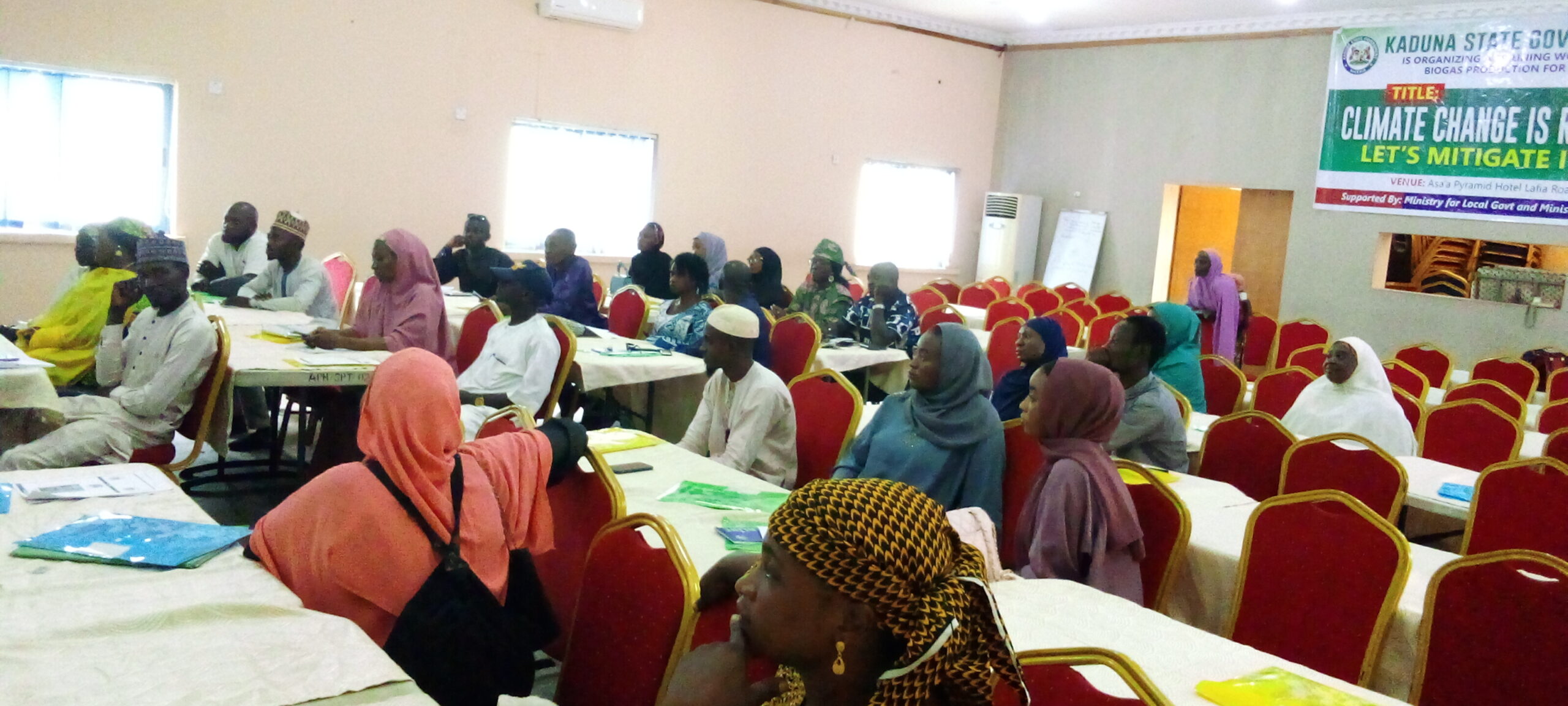FCT workers laud Wike over Civil Service Commission
By Philip Yatai Civil servants in the Federal Capital Territory Administration (FCTA), have commended the FCT Minister, Mr Nyesom Wike, for securing approval for the establishment of the FCT Civil Service Commission. The News Agency of Nigeria (NAN) reports that Wike had, on Friday, announced President Bola Tinubu’s approval forContinue Reading





















